上 hero mythology definition 264883-Hero definition mythology
In Professor Nagy's list of the characteristics of the prototypical Greek hero, he writes that the hero was "unseasonal" This basically means that the greatest heroes were born into dire circumstances of some kind Heracles (known to the Romans as Hercules) the greatest hero of all is the poster boy for unseasonality According to myth, he was the son of Zeus, the king of the Olympian gods, and a mortal womanAn anti hero, by definition, is a central character who lacks conventional heroic attributes These characters can range from a good person with an unattractive vice to a criminal mastermind who has a heart of gold Famous examples of the anti hero include JayOf living men by 10s In Homer, of the Greeks before Troy, then a comprehensive term used of warriors generally, also of all free men in the Heroic Age In classical mythology from at least the time of Hesiod (8c

The Hero Tv Tropes
Hero definition mythology
Hero definition mythology- A Trickster is a character who uses wits, rather than strength or authority, to accomplish his goals Like heroes, Tricksters usually come out of their adventures unscathed, having won the prize they desired and upset the regular social order in a way that will cause lasting effects for the people around themMythology The Voyage of the Hero Third Edition David Adams Leeming Publication Date May 1998 ISBN 2 pages Paperback 61/8 x 91/4 inches In Stock Retail Price to Students $95




Minotaur Definition Story Facts Britannica
In Search of Myths & Heroes Myths & Archetypes PBS An archetype is a universal symbolic pattern Examples of archetypal characters are the femmeThe Hero Definitions The following definitions are from the American Heritage Dictionary 1 In mythology and legend, a man, often born of one mortal and one divine parent, who is endowed with great courage and strength, celebrated for his bold exploits, and favored by the gods 21 an allegorical narrative 2 a body of myths such as a the myths dealing with the gods, demigods, and legendary heroes of a particular people b mythos sense 2 cold war mythology 3 a branch of knowledge that deals with myth
Heroism and the motif of the hero's quest are important elements in Mythology, and represent one of the highest ideals of ancient Greek culture As she moves through the stories, Hamilton paints a picture of the varieties of Greek and Roman heroism Theseus is the Athenian hero, and the most "heroic" seeming to the modern reader, as heArete went to Jason, another mythological hero, in the night and told him to marry Medea so her life would be spared Because of Arete, Medea and Jason were wed and Medea's life was sparedHeroes from all mythologies are allowed Not just Greek This is a mixture of physical strength, defense, magic, and intelligence They must be mythological, or at least found in mythology
Heroworship is from 1713 in reference to ancient cults and mysteries;For 6 also he·ros a person noted for courageous acts or nobility of character He became a local hero when he saved the drowning child Compare heroine (def 1)1) myth is by definition a traditional story concerning the early history of people It usually involves social phenomenons and supernatural events or deities and beings and mythology is the collection of myths concerning the origin of the people According to scholar Robert Graves, the function of a myth is to answer the questions such as "who made the world, how will it end, who was the




Culwisdom Greek Mythology Heroes Gods Goddesses Love And More Heroes In Myths In Ancient Civilizations And In Modern Life




Mythology Archives Author Joanne Reed
Theories in Mythology Definition of the "hero" as a concept Posted on by JL Admin Mythologies of all types are consistently associated with a central heroic character Some historians believe that mythologies evolved in the first place as a medium of admiration for the hero As Joseph Campbell, the th century's foremost expert on world mythology, noted "The symbols of mythology are not manufactured;1 a man distinguished by exceptional courage, nobility, fortitude, etc 2 a man who is idealized for possessing superior qualities in any field 3 (Classical myth) a being of extraordinary strength and courage, often the offspring of a mortal and a god, who is celebrated for his exploits




Making Sense Of A Hero S Motivation Ancient Heroes




Greek Heroes Vs Modern Heroes By Gianina Schwanecke
Originally presented at the National Gallery of Art's 1997 Summer Teacher Insititute on Mythology The Mythic Hero an illustrated lecture by Dr Janice Siegel The "mythic hero" is a particular breed of hero with particular traits The Greek hero Heracles (Latin Hercules) will stand as our model Mythic Hero since he exemplifies most of theThe term is also used in a specialized sense for any figure celebrated in the ancient legends of a people or in such early heroic epics as Gilgamesh, the Iliad, Beowulf, or La Chanson de Roland These legendary heroes belong to a princely class existing in an early stage of the history of a people, and they transcendBut knowing their names and exploits is essential for understanding references in literature and even popular culture today So let's recognize and celebrate Hercules and Perseus and the others by their proper dictionary definition "In mythology and legend, a man or woman, often of divine ancestry, who is endowed with great courage and strength, celebrated for his or her bold exploits, and favored by the gods"
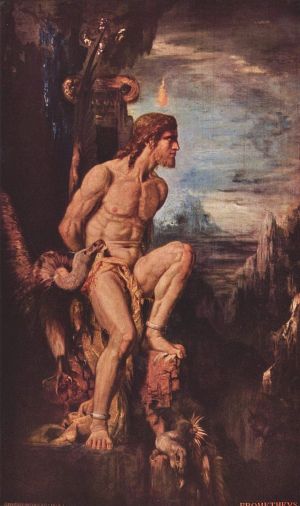



Greek Mythology New World Encyclopedia




How To Find Purpose And Self Belief The Hero S Journey Moving People To Action
Find out information about Hero (Greek mythology) latter drowns, former kills herself in grief See Love, Tragic love affair on the Hellespont tragically ends with latter's drowning See Lovers, Famous Explanation of Hero (Greek mythology)A hero (heroine in its feminine form) is a real person or a main fictional character who, in the face of danger, combats adversity through feats of ingenuity, courage, or strengthLike other formerly solely genderspecific terms (like actor), hero is often used to refer to any gender, though heroine only refers to women The original hero type of classical epics did such things for the sake of The key word here is sēmainein, which means 'mean something, indicate something by way of a sēma'Sēma (plural sēmata), means 'sign, signal, symbol;
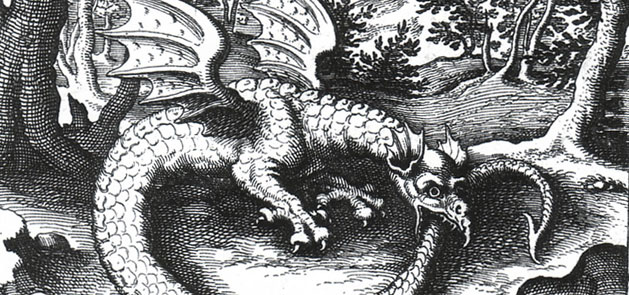



Hero S Journey Lesson Creative Educator




Heroes Of Greek Mythology Click For Credits If A Hero Is Properly Defined As Somebody Who Does Something Dangerous To Help Somebody Else Then The Heroes Ppt Download
G Wiesen Mythological heroes often are responsible for slaying terrible beasts Different types of mythology heroes are often based on a number of common traits and attributes, and have largely become archetypes for modern stories about heroes Many heroes that can be found in various myths are immortal or partially immortal due to some divine origin or parentageSee synonyms for hero on Thesauruscom noun, plural he·roes; 1 The Classic AntiHero Typical qualities of a fictional hero include confidence, bravery, stoicism, intelligence, handsome looks, and superb fighting capabilities The Classic AntiHero is the inverse of these things selfdoubting, fearful, anxious, and lacking in combat skills In general, the character arc of this AH follows them
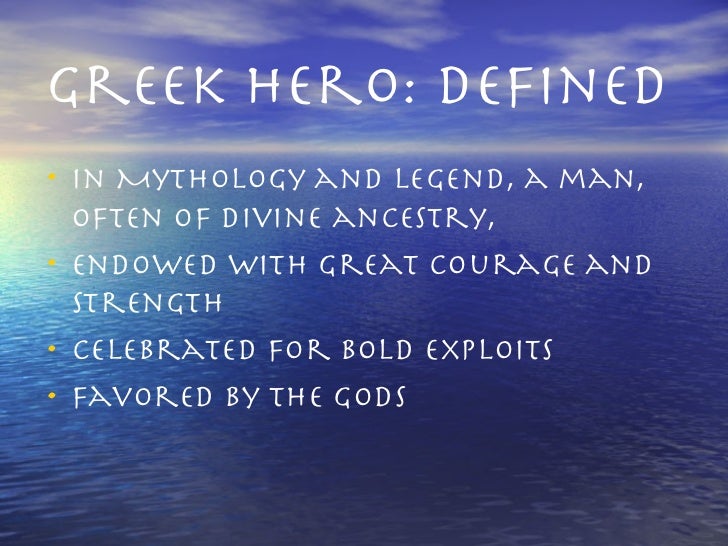



The Greek Hero Ideal
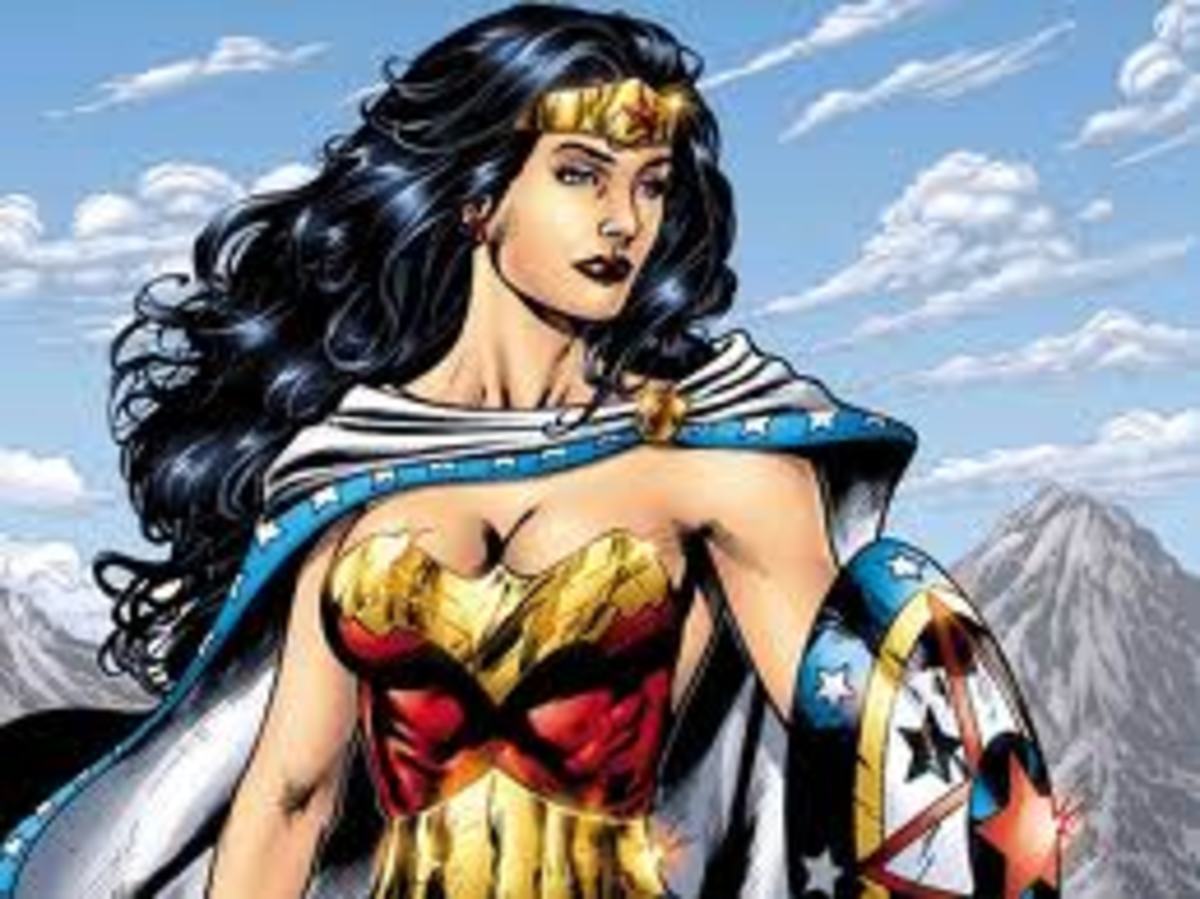



Modern Mythology What Superheroes Can Show Us About Humanity Owlcation
They are stories about how the world was created and why certain things happen Today the word myth is often used to describe something that is not true But a myth is not just a madeup story Myths tell of gods, heroes, and events that a group believes, or at one time believed, to be realIdentifying qualities of a hero in life and literature will enable students to conclude that heroic figures are often depicted as, but do not need to be, "larger than life" Through readings and becoming familiar with the characters portrayed in Greek mythology, they will recognize elements of heroism as acts of philanthropy and advocacy for the common good Hero definition The hero of a book, play, film, or story is the main male character, who usually has good Meaning, pronunciation, translations and examples




The Hero Tv Tropes




I Need A Hero Grade A Hum376 The Classical Heritage Byu Idaho Studocu
Hero A hero, in Greek mythology and folklore, was originally a demigod, their cult being one of the most distinctive features of ancient Greek religion A demigod is the son or daughter from one immortal and one mortal parent, an example would be Heracles, son of the mortal queen Alcmene and the god Zeus Moral integrity Protective Selfsacrifice Selflessness Strength The psychology of heroism might not be well understood, but many experts do believe that it is possible for people to learn to be heroes The following are just a few of the major characteristics that researchers have ascribed to heroesMYTH OF THE HERO The concept of the hero is consubstantial with that of myth they evolved together through the ages Myths relate the exploits of a man, most frequently the son of a god and a mortal, or of a goddess and a mortal, endowed with extraordinary value and destined to carry out glorious exploits, especially an act of protection or rescue
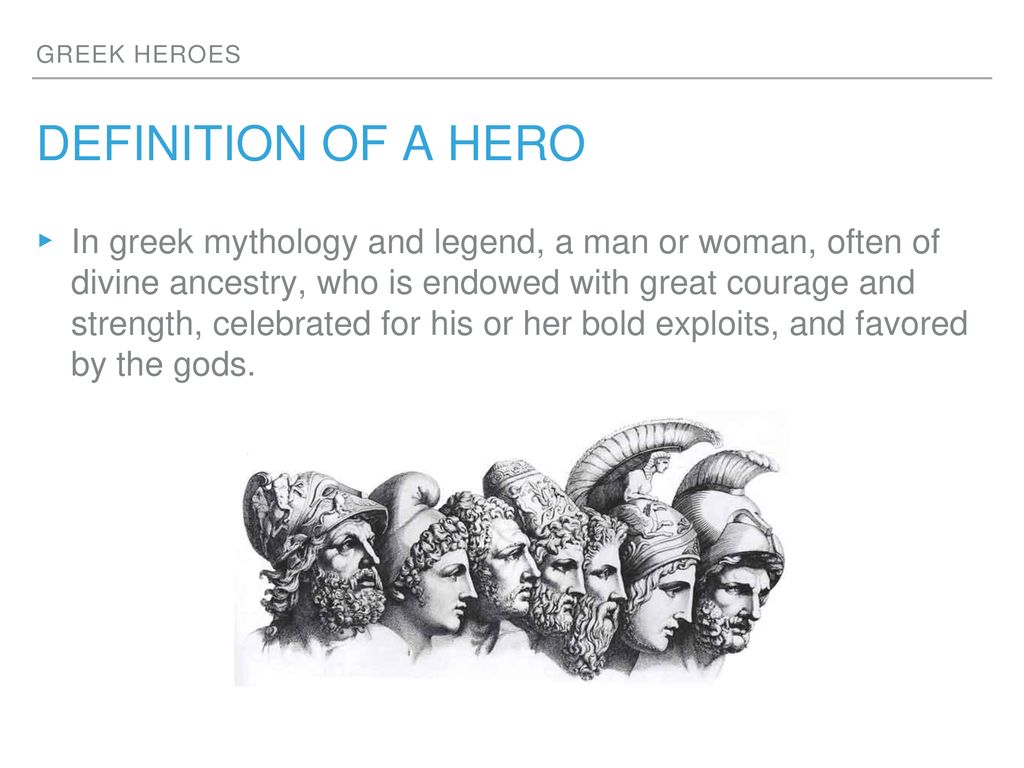



Greek Mythology I Need A Hero Ppt Download




Legend Vs Myth Difference And Comparison Diffen
A name, phrase, or image based on a familiar myth can speak volumes to those who have been absorbing these mythic tales since birthMyth has no universal definition, but it is understood that in order for a story to be 'myth' it has to be a fable of some kindLegends or Sagas are seen as having roots in truth and fact, though usually differentiating from actual fact through dramatizationFolktales and Fairy tales share a similarity in which they are usually told viaHero, in literature, broadly, the main character in a literary work;
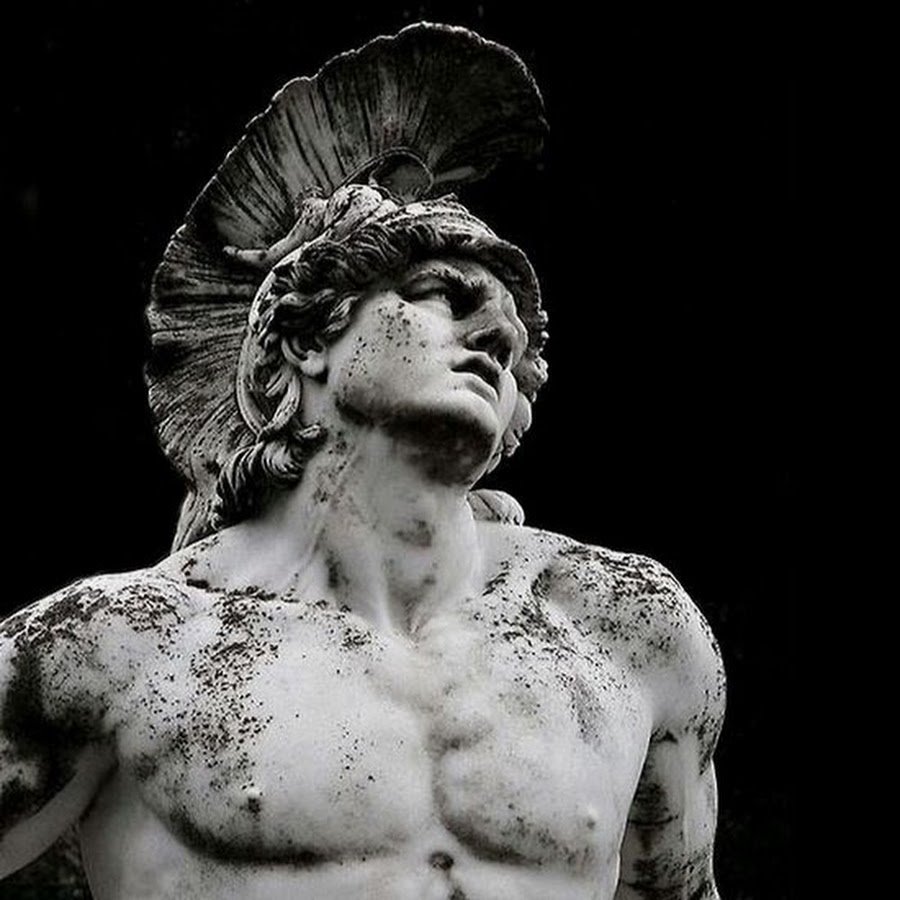



Achilles The Trojan War Hero




What Is A Siren In Greek Mythology Definition Story Study Com
Myths / Heroes Heroes in Greek Mythology were men or women of special strength, courage, or ability They were often of divine ancestry and noted for superhuman courageous acts Achilles Actaeon Aeneas Atlanta Bellerophon DioscuriHero definition, a person noted for courageous acts or nobility of character He became a local hero when he saved the drowning child See moreDefine Heroic myth Heroic myth synonyms, Heroic myth pronunciation, Heroic myth translation, English dictionary definition of Heroic myth n pl my·thol·o·gies 1 a A body or collection of myths belonging to a people and addressing their origin, history, deities, ancestors, and heroes b
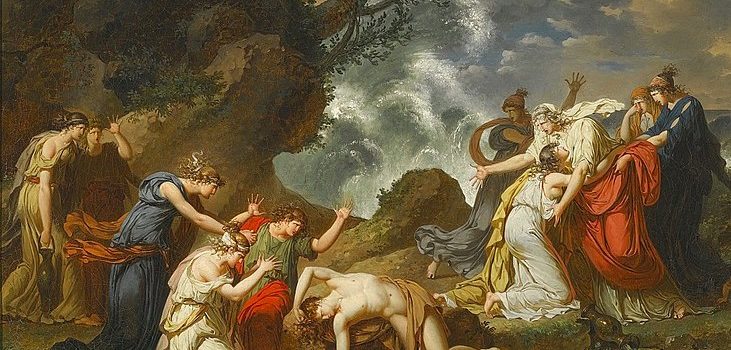



Mythology And Psychology Myth Tells Us Who We Are Shortform Books




Prometheus Carrying Fire Prometheus Son Of The Titan Japetus By The Sea Nymph Clymene Is Greek And Roman Mythology Greek Gods And Goddesses Greek Mythology
Looking for Hero (Greek mythology)?They cannot be ordered, invented, or permanently suppressed They are spontaneous productions of the psyche" ( The Hero with a Thousand Faces, Joseph Campbell)Tomb, tomb of a hero'The verb sēmainein is a derivative of the noun sēmaAs we will see, the very idea of 'meaning' in the ancient Greek language is tied to the idea of the hero – in particular, to the idea of the cult




Classical Mythology Notes Chapter 1 2 Pdf Troy Mycenaean Greece




The Meaning Of Life Joseph Campbell On The Power Of Myth With Bill Moyers Popmatters
A hero is defined in Greek mythology as a person of divine ancestry who has courage, strength and is celebrated by both the gods and people Ancient Greek heroes characterize traits of strength, ability, resourcefulness, honor and pride Homer's heroic characters portray these characteristics by facing many challenges through out the poemsFull Definition of hero (Entry 1 of 3) 1 a a mythological or legendary figure often of divine descent endowed with great strength or ability b an illustrious warrior c a person admired for achievements and noble qualities d one who shows great courageDefinition of Myth Myth is a legendary or a traditional story that usually concerns an event or a hero, with or without using factual or real explanations These particularly concern demigods or deities, and describes some rites, practices, and natural phenomenon Typically, a myth involves historical events and supernatural beings
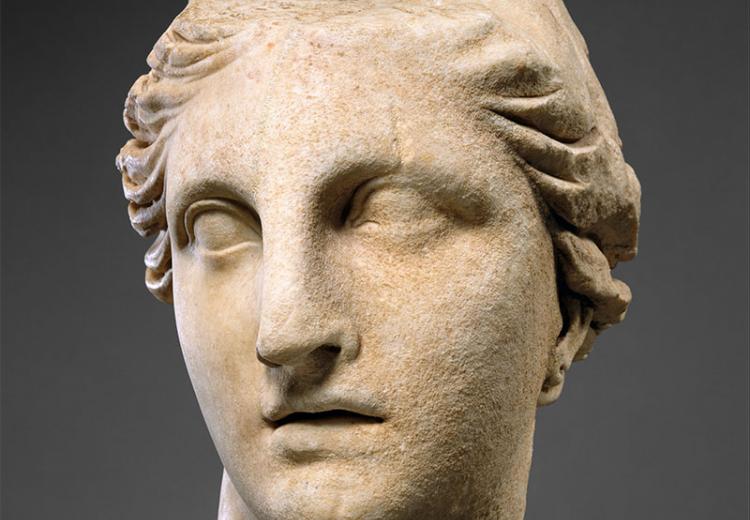



It Came From Greek Mythology Neh Edsitement




What Makes A Hero Joseph Campbell S Seminal Monomyth Model For The Eleven Stages Of The Hero S Journey Animated Brain Pickings
Germanic mythology consists of the body of myths native to the Germanic peoples, including Norse mythology, AngloSaxon mythology, and Continental Germanic mythology It was a key element of Germanic paganism Origins As the Germanic languages developed from ProtoIndoEuropean language, Germanic mythology isHero was a priestess of Aphrodite in Greek mythology, who lived in a tower in Sestos, on the western shores of the Hellespont She fell in love with Leander, a young man from Abydos, which was located on the eastern shores of the strait Leander would swim across the strait every night to meet her, guided by a lamp that Hero would light at the top of the tower
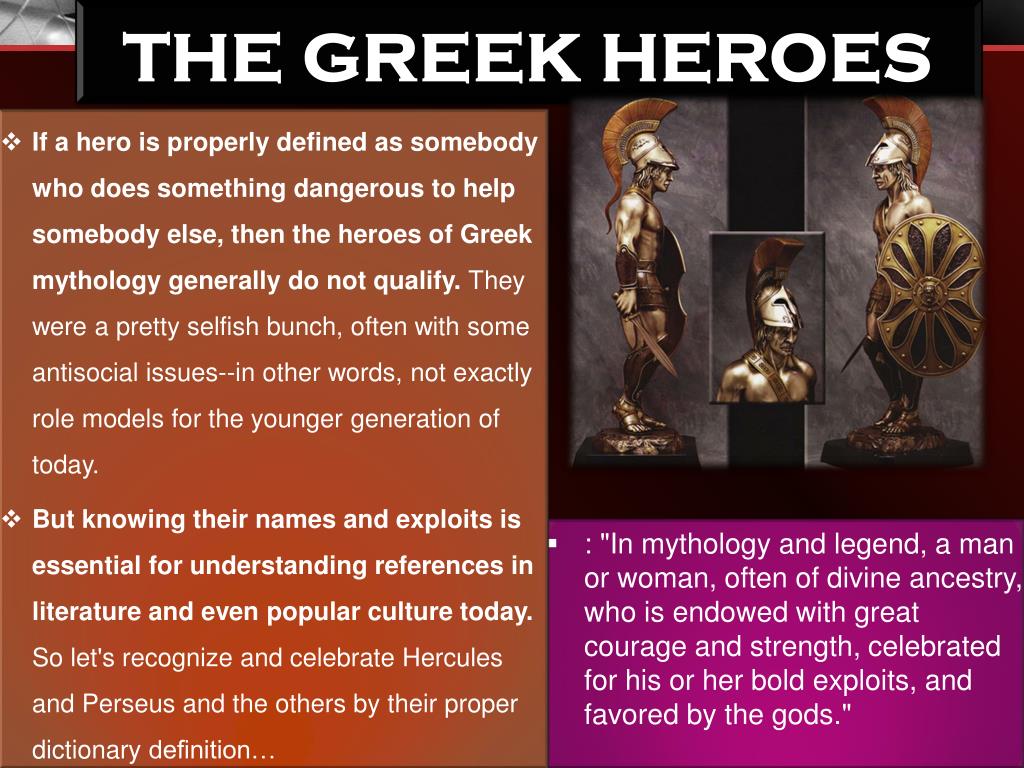



Ppt The Greek Heroes Powerpoint Presentation Free Download Id




Hero Wikipedia




Orpheus World History Encyclopedia
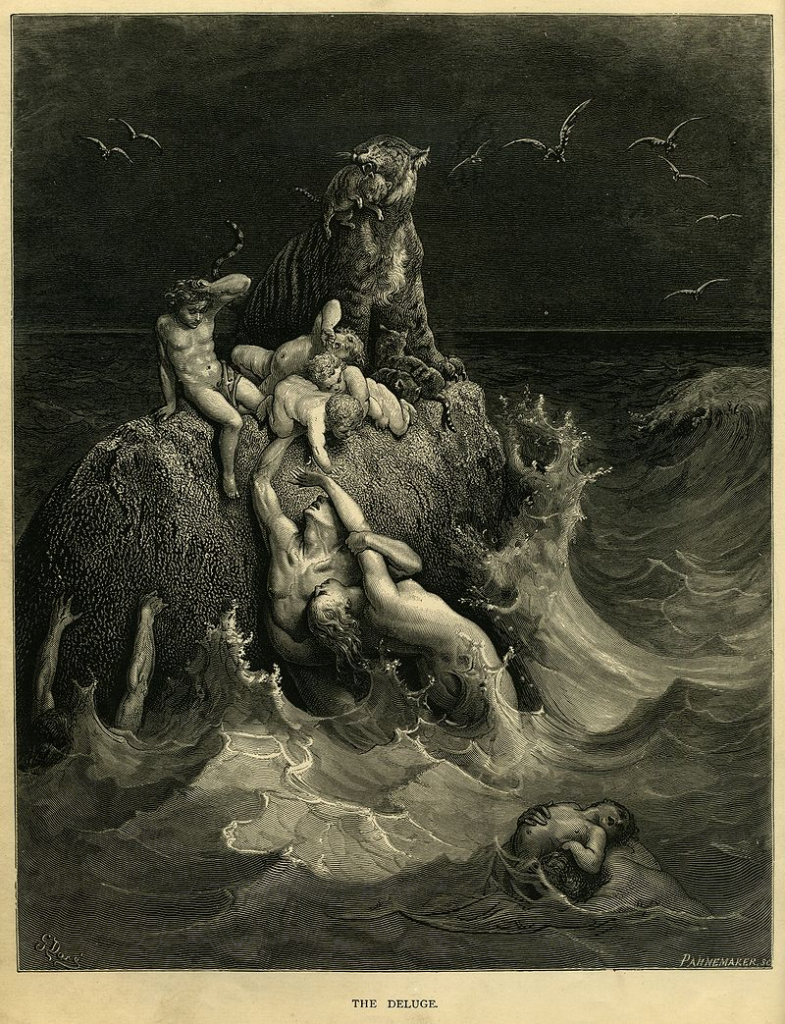



Myth Definitions And Examples Literary Terms




Bellerophon World History Encyclopedia




Greek Heroes In Greek Mythology Most Important Greek Heroes




What Makes A Hero Matthew Winkler Youtube
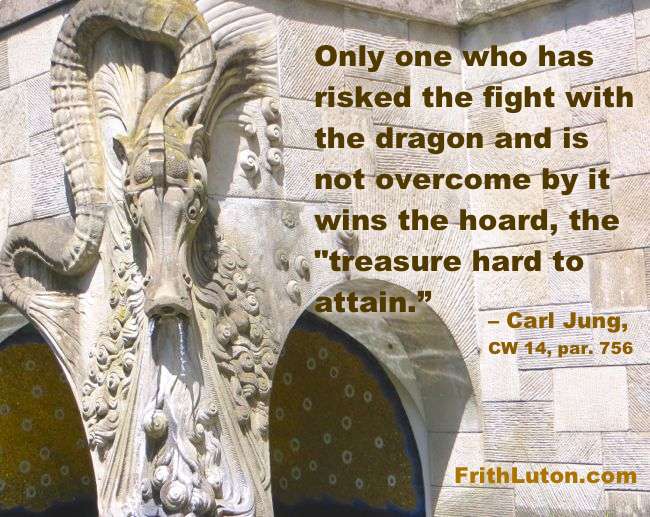



Hero Archetype Jungian Concepts




Achilles Was A Hero Of Greek Mythology




Epic Hero Definition Characteristics Examples Video Lesson Transcript Study Com




What Makes A Greek Hero Ancient Heroes
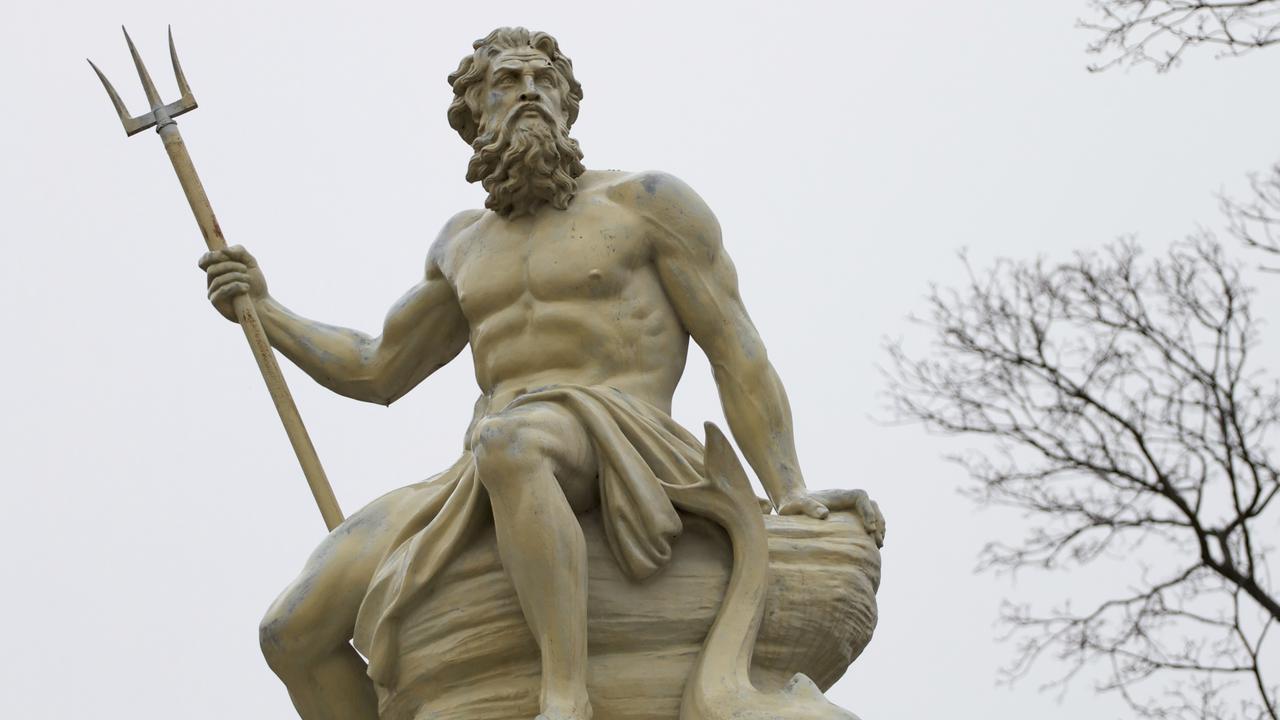



What Is Greek Mythology Kidsnews



Was Hercules A True Hero Quora




Hero Literary And Cultural Figure Britannica




Greek Mythology And Its Lasting Influence On Modern Civilization



Achilles
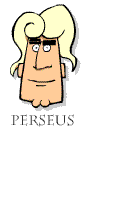



Greek Mythology Heroes




Minotaur Definition Story Facts Britannica




What Is A Hero Heroism In Greek Mythology




Theseus Wikipedia




Myth Definition History Examples Facts Britannica




Heracles Mymythology
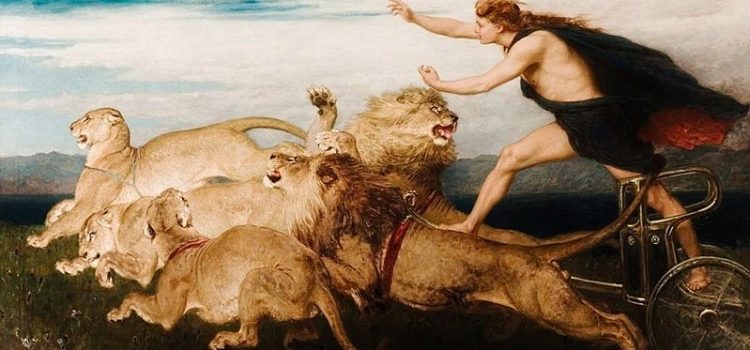



Atonement With The Father Hero S Journey Stage 9 Explained Shortform Books




Heracles Hercules Definition Greek Mythology Hero Hero Fictional Characters Hand Boy Png Pngwing



The Heroes Of Myth And Folklore Part One Defining A Hero Once Upon A Time



Greek




Hero Definition Meaning Dictionary Com




Greek Mythology Myth And Legends Mrs Hoegh Hero




Amazon Com The Meaning Of Myth With 12 Greek Myths Retold And Interpreted By A Psychiatrist Ancient Wisdom Burton Neel Books



Artwork Sam Worthington Greek Mythology Hero Perseus Wrath Of The Titans 4000x2661 Wallpaper High Quality Wallpapers High Definition Wallpapers




What Is A Tragic Hero Plus 8 Heartbreaking Examples



Cultural Icons Of Ancient Greece A Prelude To The Odyssey Process




Hero Greek Mythology Demigod Legend Definition Hero Fictional Characters Superhero Fictional Character Png Pngwing




Joseph Campbell S Hero S Journey Can Teach You How To Live Quartz
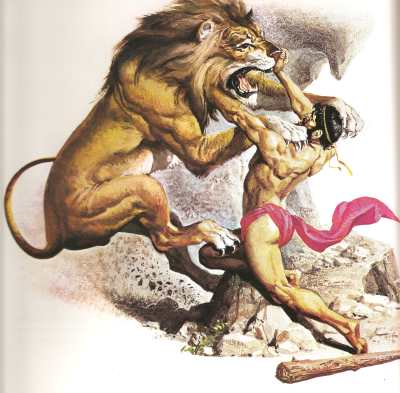



Greek Myths




6 Characteristics Of A True Hero




Grade Level Voices Pages 1 7 Flip Pdf Download Fliphtml5




Cu Chulainn Mythopedia
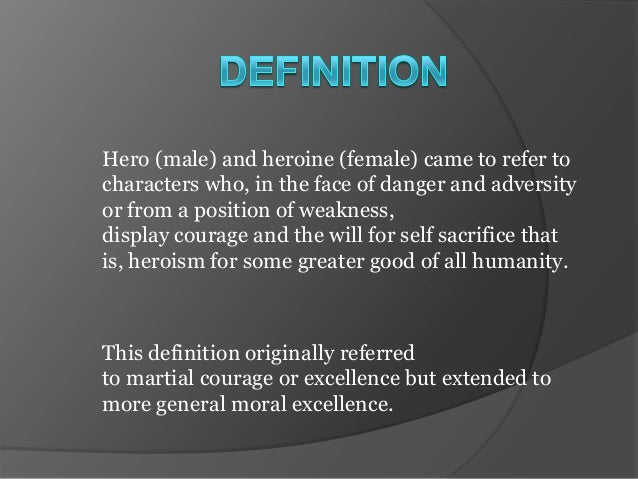



Heroic Figures In Mythology
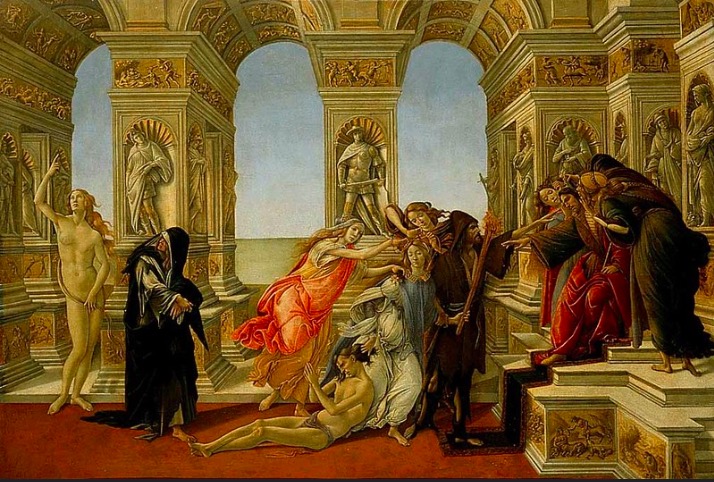



King Midas Story How Greed Ruined His Hero S Journey Shortform Books
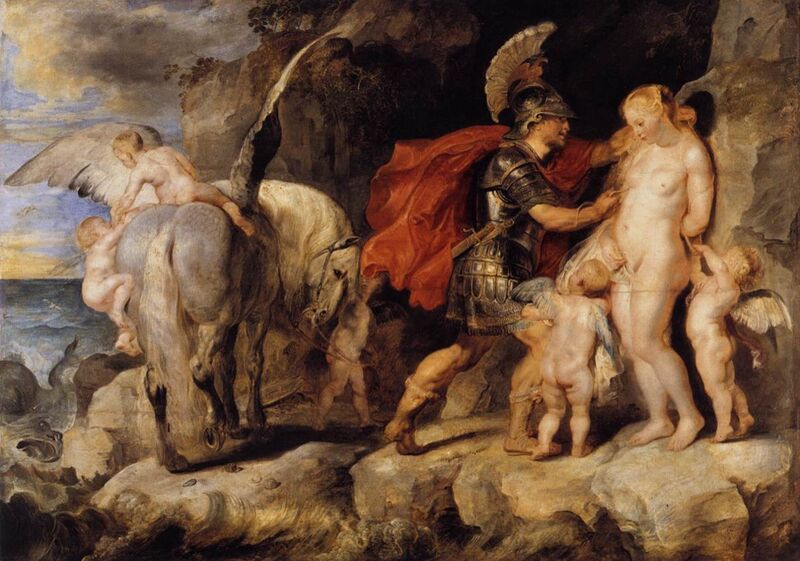



6 Greek Myths You Should Know To Understand Art History Artsy




Hero S Journey Wikipedia
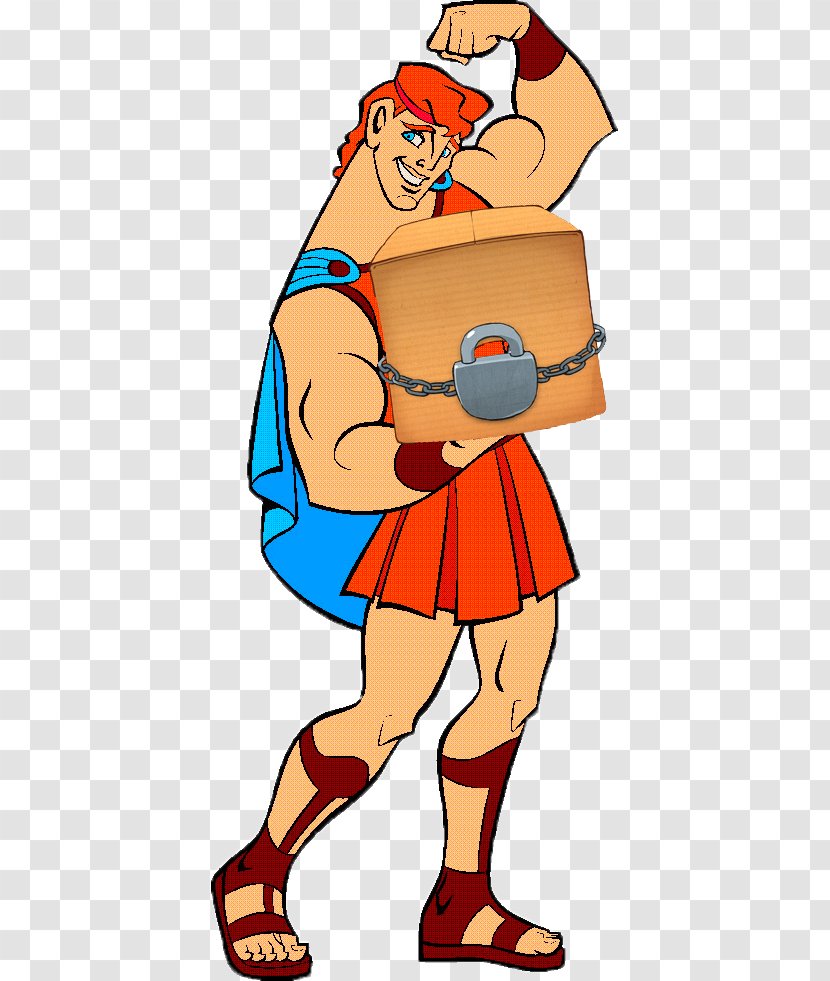



Heracles Hercules Definition Greek Mythology Hero Silhouette Transparent Png




Hero S Journey Wikipedia
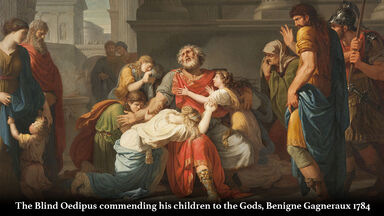



Classic Tragic Hero Examples And Characteristics




Trojan War Definition Summary Hero History
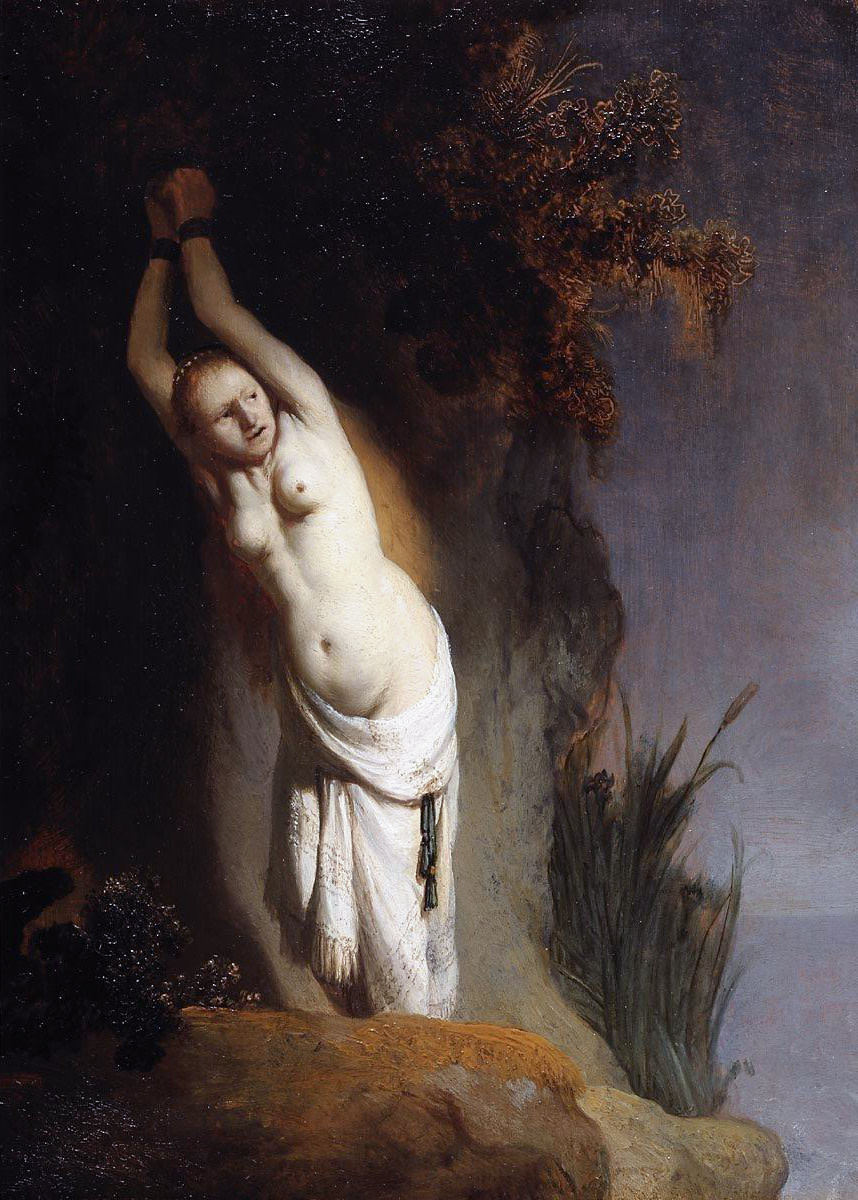



Mythology And Archetypes A Damsel In Distress Owlcation




Why Ancient Greek Heroes Are Still So Appealing In Today S Culture Task Purpose




Devdutt Pattanaik Explains How Understanding The Symbolism Behind Indian Mythology Can Entirely Change The Way We View Life Education Today News



Heroes Myth Encyclopedia Mythology Greek God Story Legend Names Ancient Animal War
/pelias-sending-forth-jason--1880-654314458-5a8f2ba63418c60037ad88ab.jpg)



The Greek Hero Jason Character Profile History
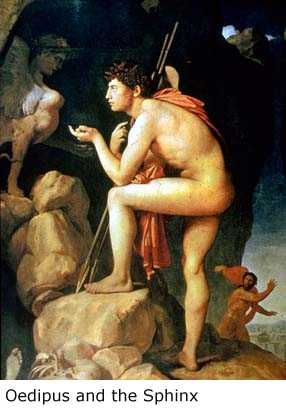



Greek Roman Mythology Greek Tragedy
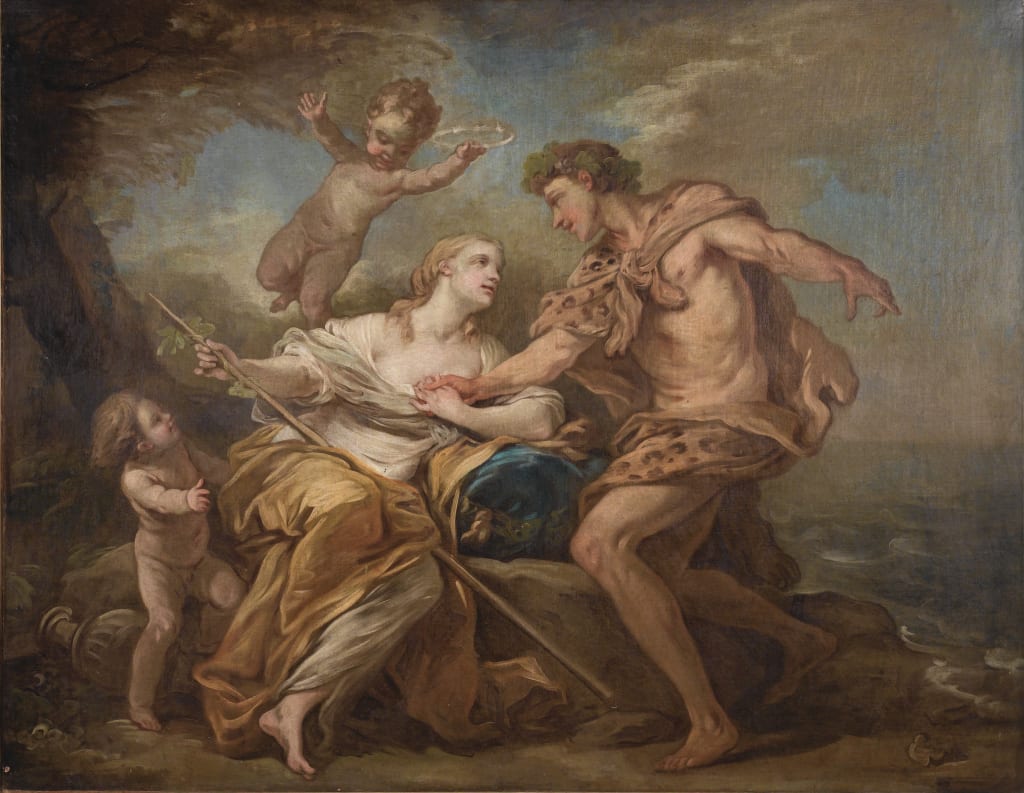



Homeric Heroism Poets




Hero Wikipedia
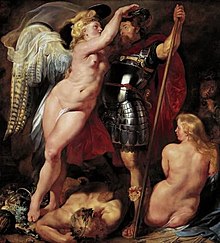



Hero Wikipedia
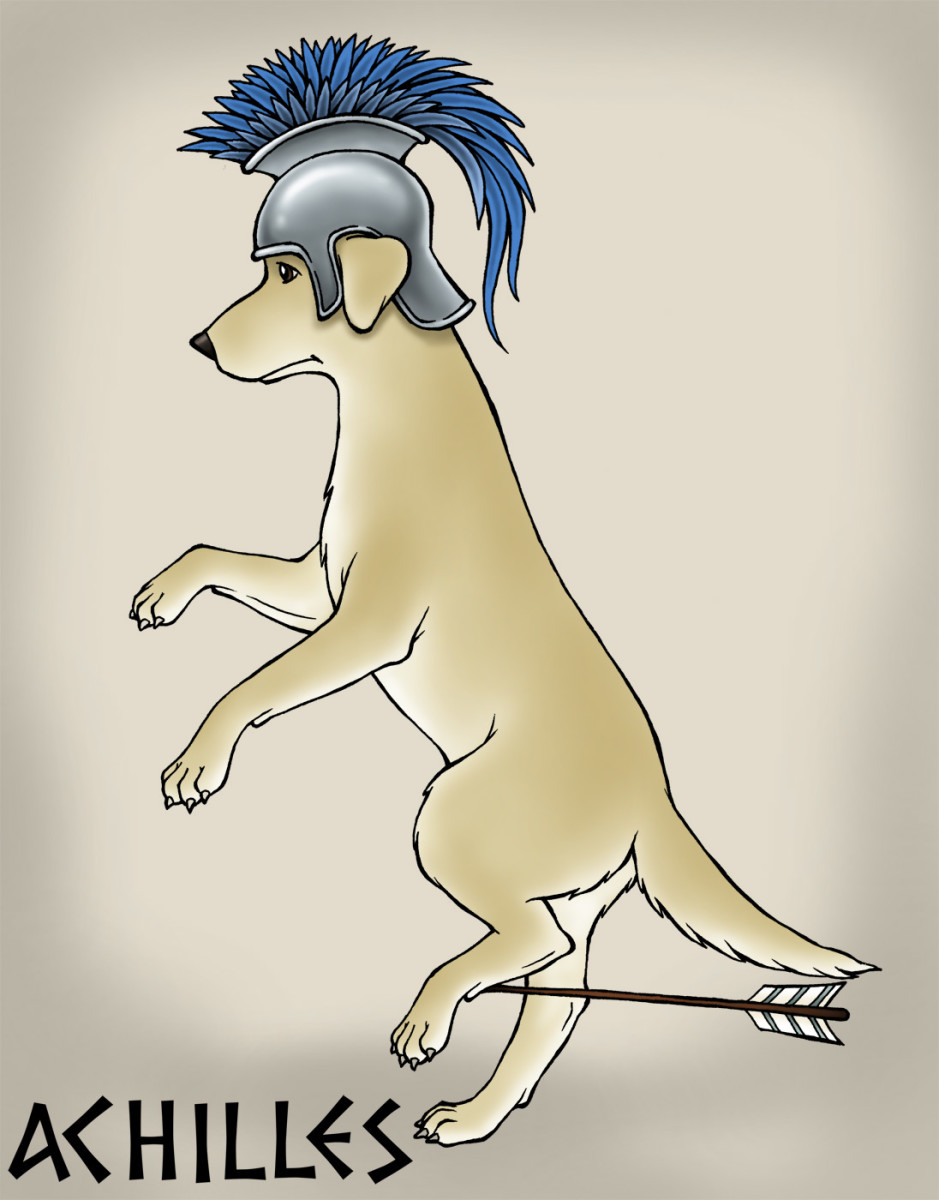



115 Male Greek God Names That Make Cool Dog Names Pethelpful
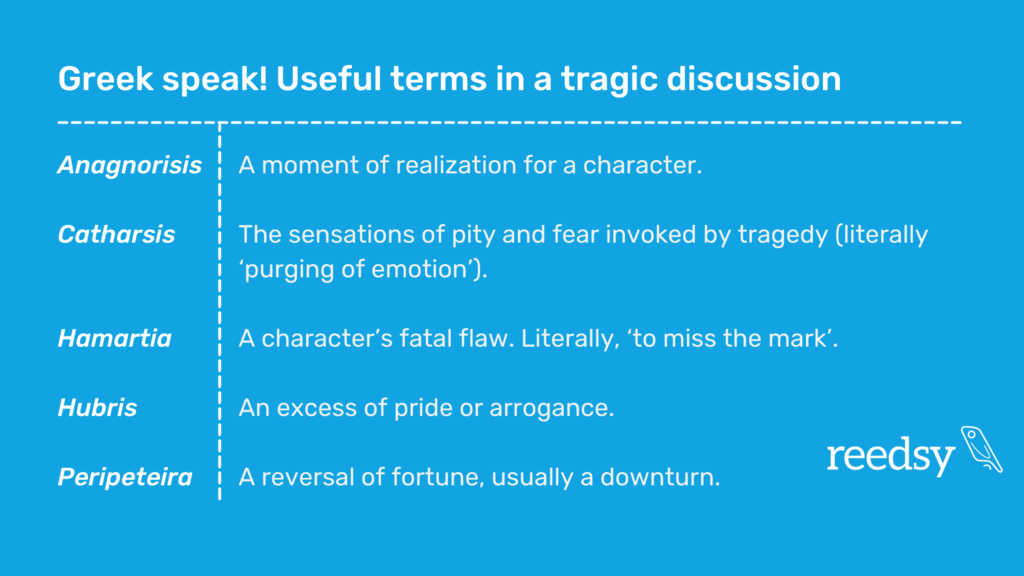



What Is A Tragic Hero Plus 8 Heartbreaking Examples
:max_bytes(150000):strip_icc()/Dying_Achilles-57f146c53df78c690fb9b4c3.jpg)



What Is An Achilles Heel Definition And Mythology
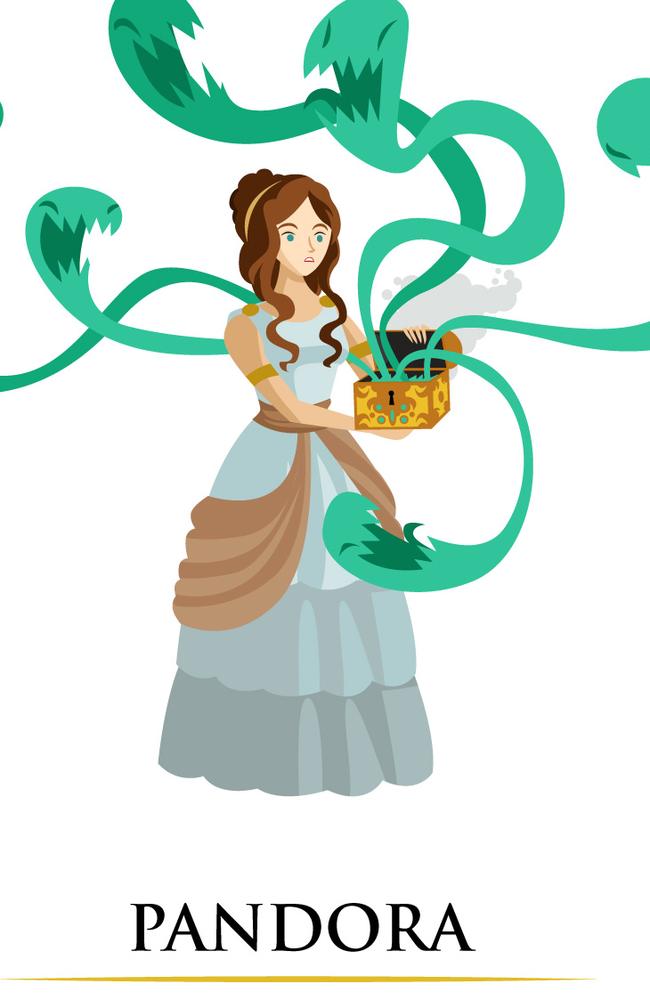



Greek Myths Villainous Characters And Tales With A Twist Kidsnews



Heroes And Legends Viewing Myths And Defining Heroes Scholastic



1




Living Myths How Myth Gives Meaning To Human Experience Bierlein J F Amazon Com Books




6 Greek Myths You Should Know To Understand Art History Artsy




Hero Definition



Hercules Movie




The Mythology Of Greek Monsters By Heather Rae Ragged University




12 Famous Greek Mythology Heroes Athens And Beyond
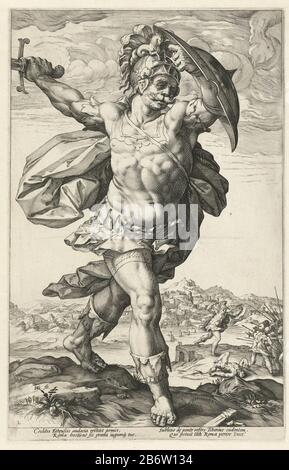



Horatius Cocles Romeinse Helden Serietitel The Hero Horatius Codes Full Length Heavy D Raised In His Right Hand A Shield In His Left Hand In The Background You Can See How On The
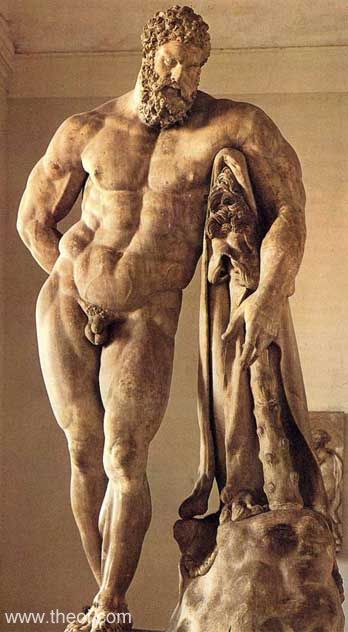



Top 10 Greek Heroes In Mythology




Greek Mythology Heroes




H Is For Hercules 5 Facts About The Hero For Museumweek




Star Wars Mentors Star Wars In Mythology Starwars Com




Is Odysseus A Hero Character Analysis Video Lesson Transcript Study Com




The Characteristics Of The Greek Hero When We Think Of The Word Hero What Comes To Mind Masked Men In Spandex Tights And Capes Tortured Loners Ppt Download




In Search Of Myths Heroes Myths Archetypes Pbs




Pin On Rim
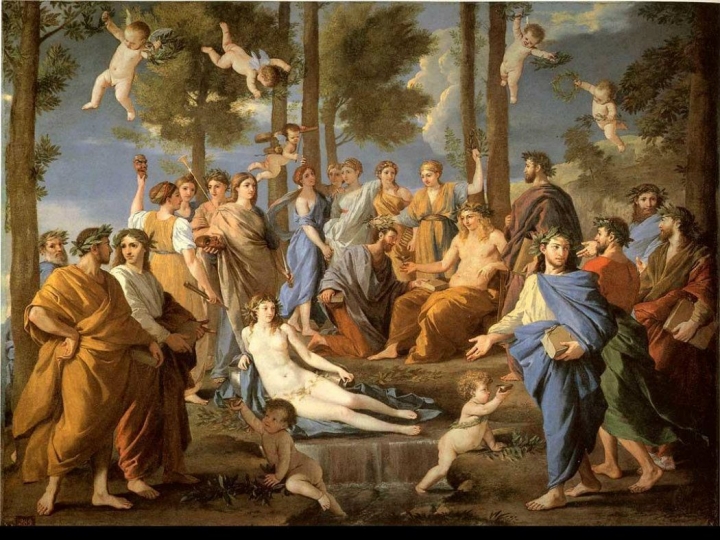



Ancient Greek Mythology Gods Tales Daily Life Facts Greeking Me




Hercules A Hero For All Greeks
:max_bytes(150000):strip_icc()/achilles-defeating-hector--1630-32--oil-on-panel--74213932-5b8b3d85c9e77c002c481e79.jpg)



Why Did Achilles Kill Hector Of Troy
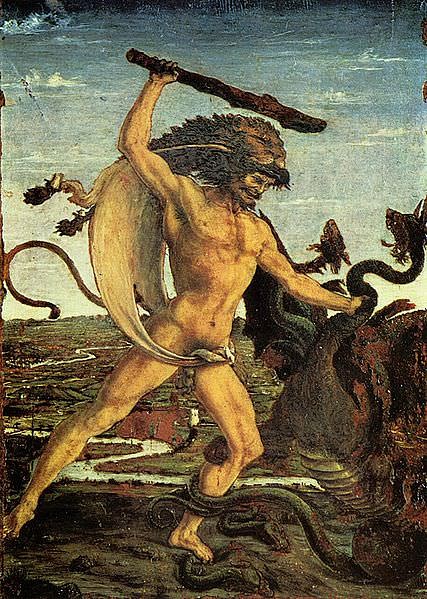



The Life Of Hercules In Myth Legend World History Encyclopedia




Greek Mythology Gods Characters Stories History
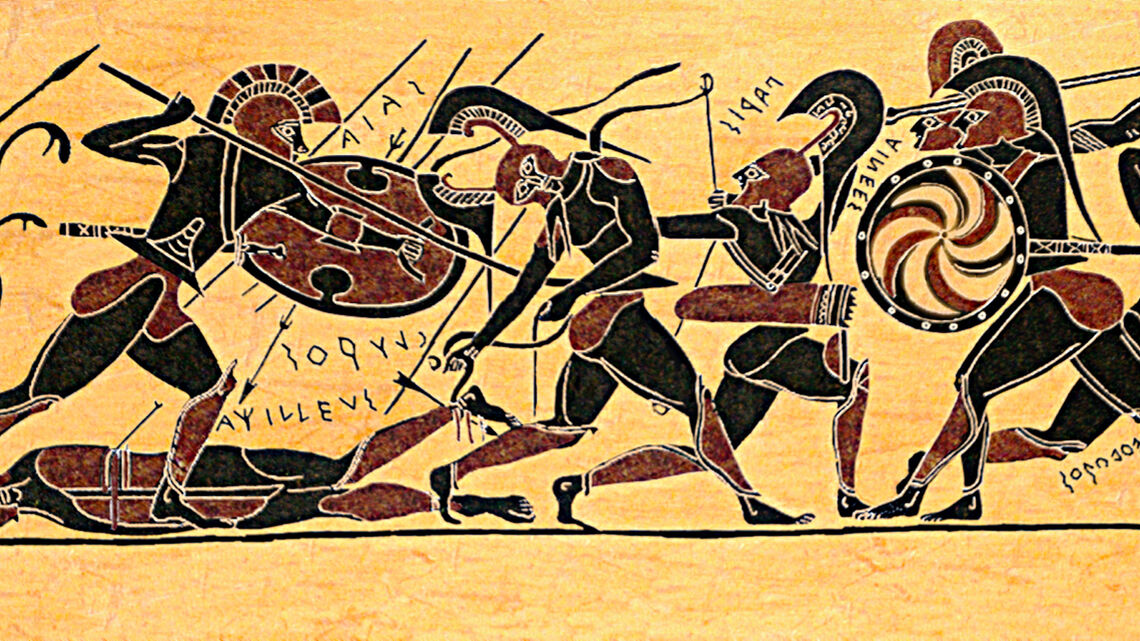



Archery And Gods Kings Myths And Legends World Archery
コメント
コメントを投稿